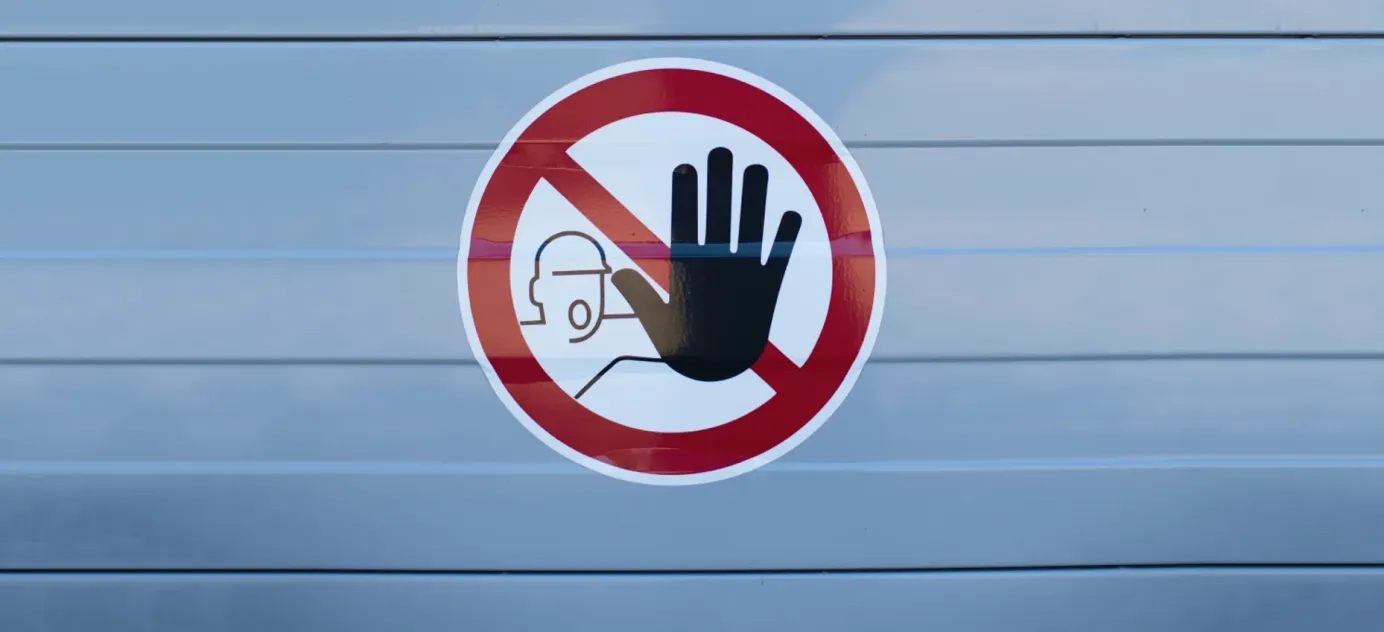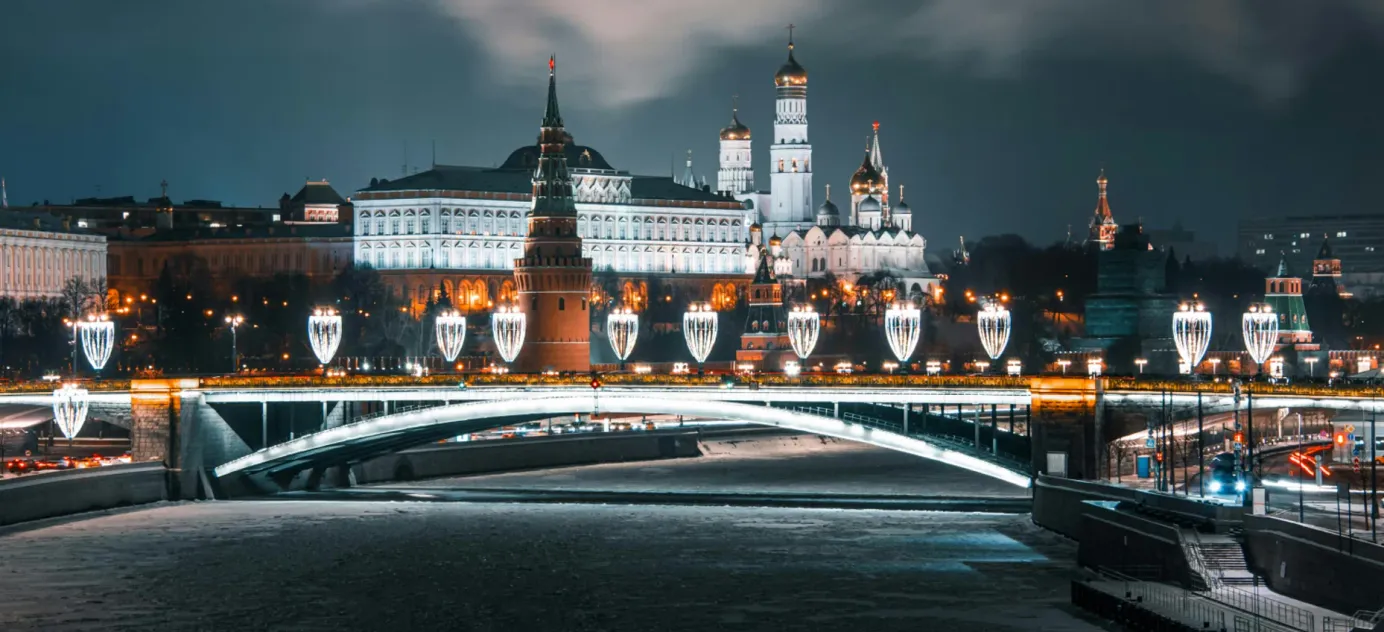
Repressive laws target immigrants, chatty soldiers and civil society
Vladimir Putin last week signed more than 100 federal laws in a single day, several of which take Russia in an even more repressive direction, with new restrictions affecting migrants, servicemen, bloggers, individuals who work with foreign organizations and those who publicly report about protests.
- Immigrants face a host of new restrictions under the new laws, passed amid deepening anti-migrant sentiment following the Crocus City Hall attack in March. Those who have moved to Russia and received Russian citizenship must now register with the armed forces, making them liable for potential military service. If they don’t register, they risk losing their Russian citizenship. At the same time, another law simplifies the process for deporting migrants found guilty of repeated offenses — they can now be kicked out of the country without a court hearing.
- Putin also signed a law that extends the reasons for which an organization can be designated “undesirable” — a status which outlaws groups in Russia and can land people six years in jail for any form of interaction or cooperation with them. Now, any organization founded or staffed by foreign citizens can be labeled “undesirable” under a new law authorities say is needed to protect Russia from “structures” that it believes pose a major threat to the nation.
- The new laws also introduce criminal responsibility for the “trash streaming”, a phenomenon where online broadcasters stream dangerous, abusive and provocative acts in return for donations from viewers. However, some fear the same laws could be turned againstindependent media if, for example, they livestream from an anti-government protest — something the authorities may see as “provocative” or “offensive”, thus putting it on a legal par with “trash streaming”.
- Russian military personnel will be barred from using telephones unless it is “part of their official duties.” Unsanctioned use of phones can be punished by 10 days in detention (usually spent in a basement or a specially-dug hole). The law was criticized in pro-war circles and the military pointed out that today it is impossible to fight without the use of mobile phones.
Why the world should care:
The new raft of legislation gives Russian authorities the ability to replenish the armed forces with migrants and allows military bosses to throw any soldier into solitary confinement if they happen to be carrying a mobile phone. This will make it harder for servicemen to publicly complain about conditions at the front, a frequent occurrence (1,2) in recent months.





